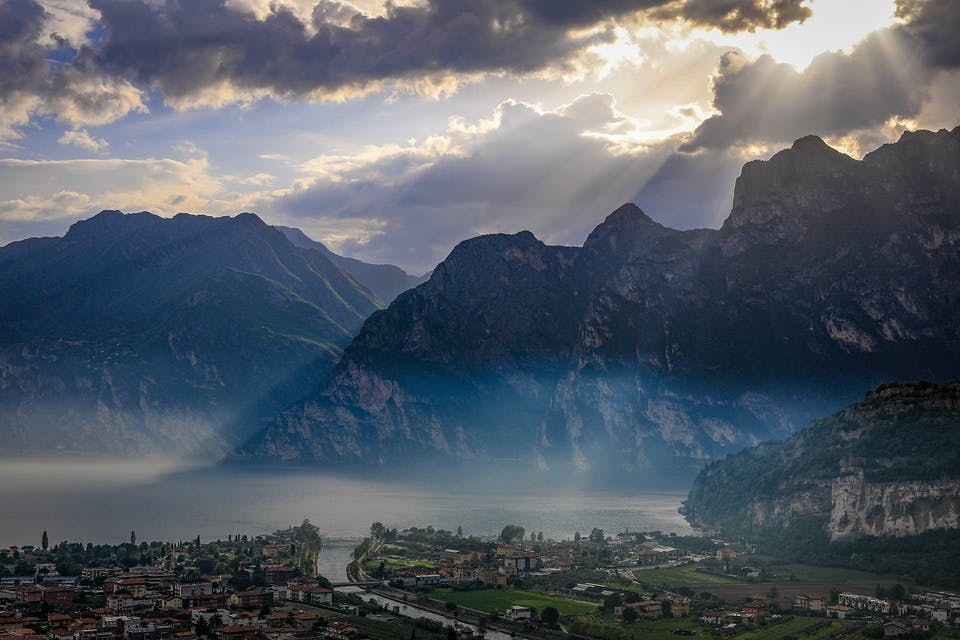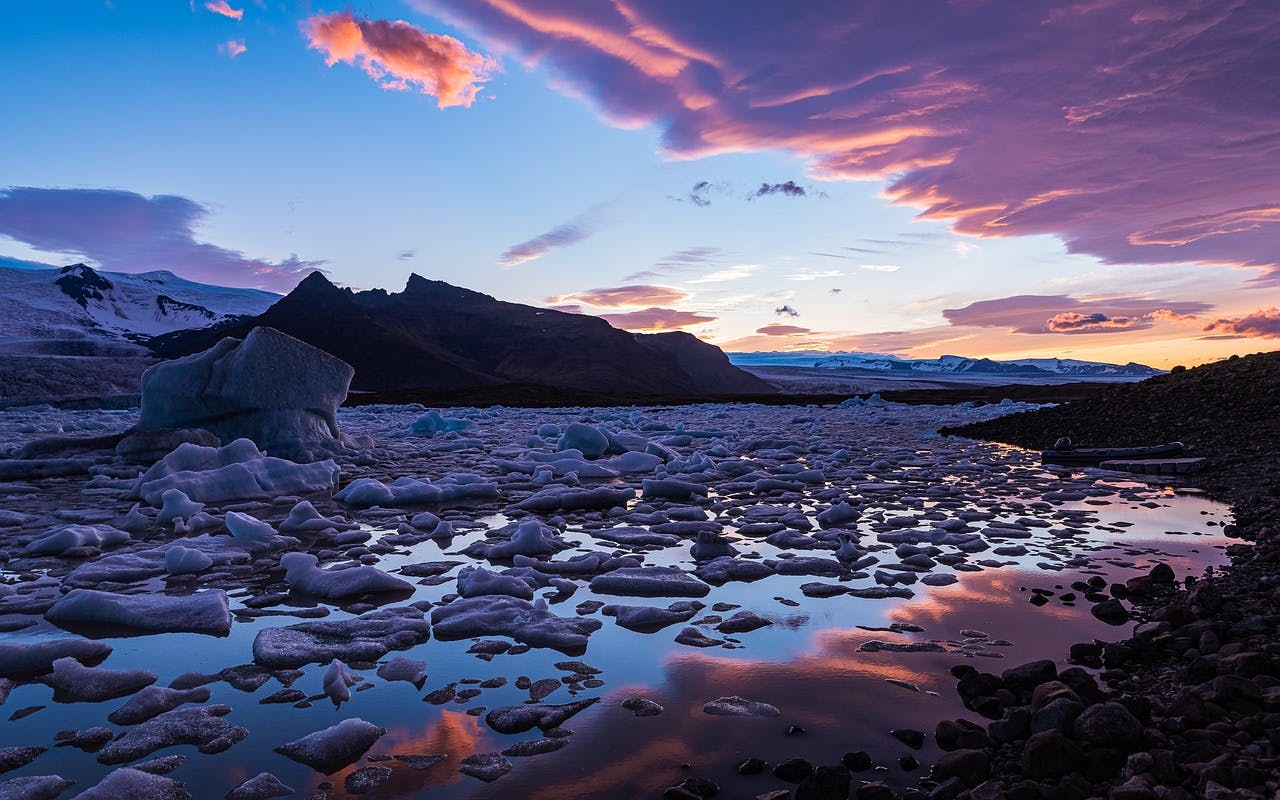Article
Legal framework for energy and the environment in Iceland
Iceland is blessed with so many natural resources that the country can meet its energy needs through geothermal plants and hydroelectric power stations. This means that no fossil fuels such as gas or coal need to be burnt to generate electricity. As a result, there is virtually no pollution and the environment remains safe. This is one reason why energy and environmental law are mentioned in the same breath in Iceland.
A Frontrunner in Clean Energy
In Iceland, there are concerted efforts at all levels to focus on renewable energy. There is a separate policy document, the Icelandic National Strategy for Sustainable Development. This sets out the plan for a future in which only green energy is to be used throughout the country.
The great advantage of geothermal energy in Iceland is that over 90% of households in the capital Reykjavik can be heated with it. As you may know, over 60% of the country’s population lives in Reykjavik. This means that a large part of the energy demand for lighting and heating is covered by green or renewable energy sources. The most important thing is that these are sustainable sources that can last for many decades. The Icelandic Energy and Environment Act will ensure that this is protected.

The Key Environment Law
The law that backs the Icelandic authorities in keeping the environment clean is the Icelandic Environmental Impact Assessment Act. Every new project that is launched in the country is first scrutinised on the basis of this law. Broad consultations are held with all stakeholders, including the public living in the area where the proposed project is to be built. Only then will the government give the green signal in favour of the project.
In the case of hydropower plants, this complex assessment may not even be necessary as they do not release any environmentally harmful substances. A formal assessment may nevertheless be carried out before a licence is granted. Another authority, the Icelandic Planning Authority, publishes its final opinion on the impact assessment of the project. Icelandic energy and environmental legislation ensures that natural resources are not abused in any way.

High Per Capita Power Generation
The abundance of energy in Iceland can be seen from the fact that the country produces 55,000 kWh per person. This must be seen in the context of per capita electricity generation in the whole of Europe, which is less than 6,000 kWh per person! No wonder people in Iceland get their electricity at a very low price.
Landsvirkjun, Orkuveita Reykjavíkur / Orka náttúrunnar and HS Orka are the three major Icelandic companies active in electricity generation. The first, Landsvirkjun, is state-owned, while Orkuveita Reykjavíkur / Orka náttúrunnar is owned by the municipalities. The last, HS Orka, is in the hands of the private sector. The owners are Alterra Power, a company based in Canada, and some Icelandic pension funds.
There are a few other operators as well in this sector.
A large number of cars in Iceland still run on petrol, which is mainly imported. However, attempts are being made to produce liquid methanol that can be blended with petrol to reduce the environmental impact of car emissions.
As Iceland is a small country with a limited population, energy and environmental laws regarding car emissions are not strictly applied.
Iceland has a bright future in its energy sector and its current efforts to protect the environment will prove useful in ensuring that natural resources are not abused and that the country can continue to attract tourists.
If you require any assistance in Iceland, contact Swapp Agency.